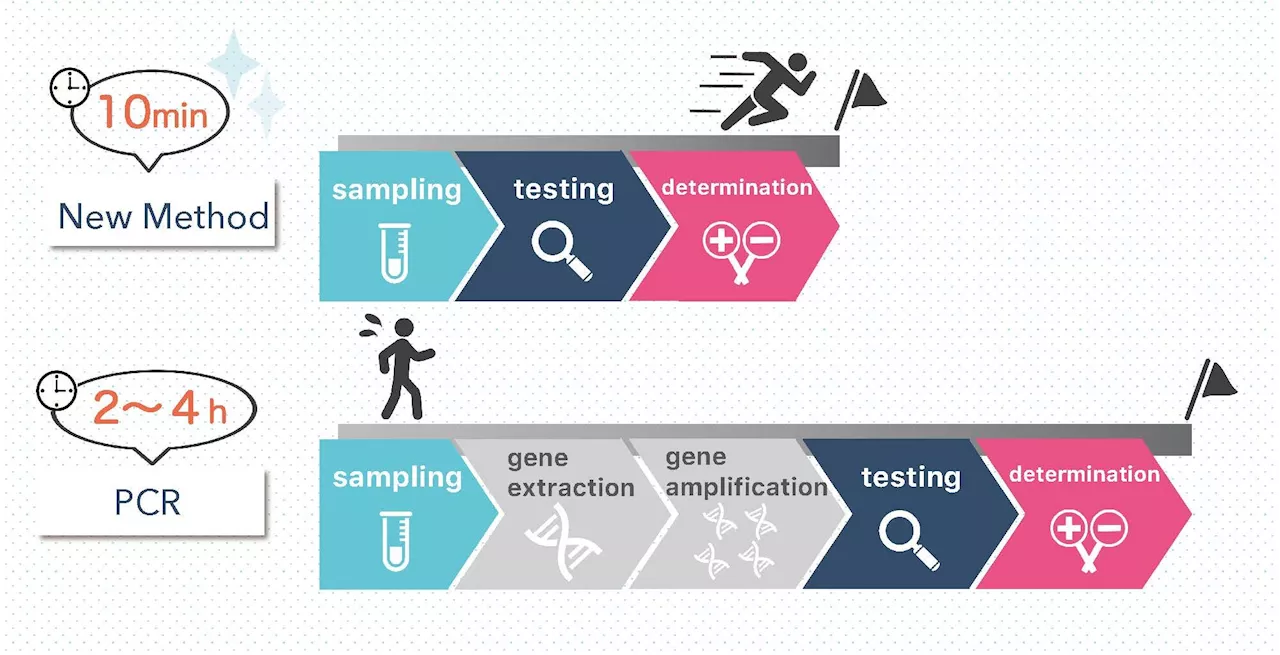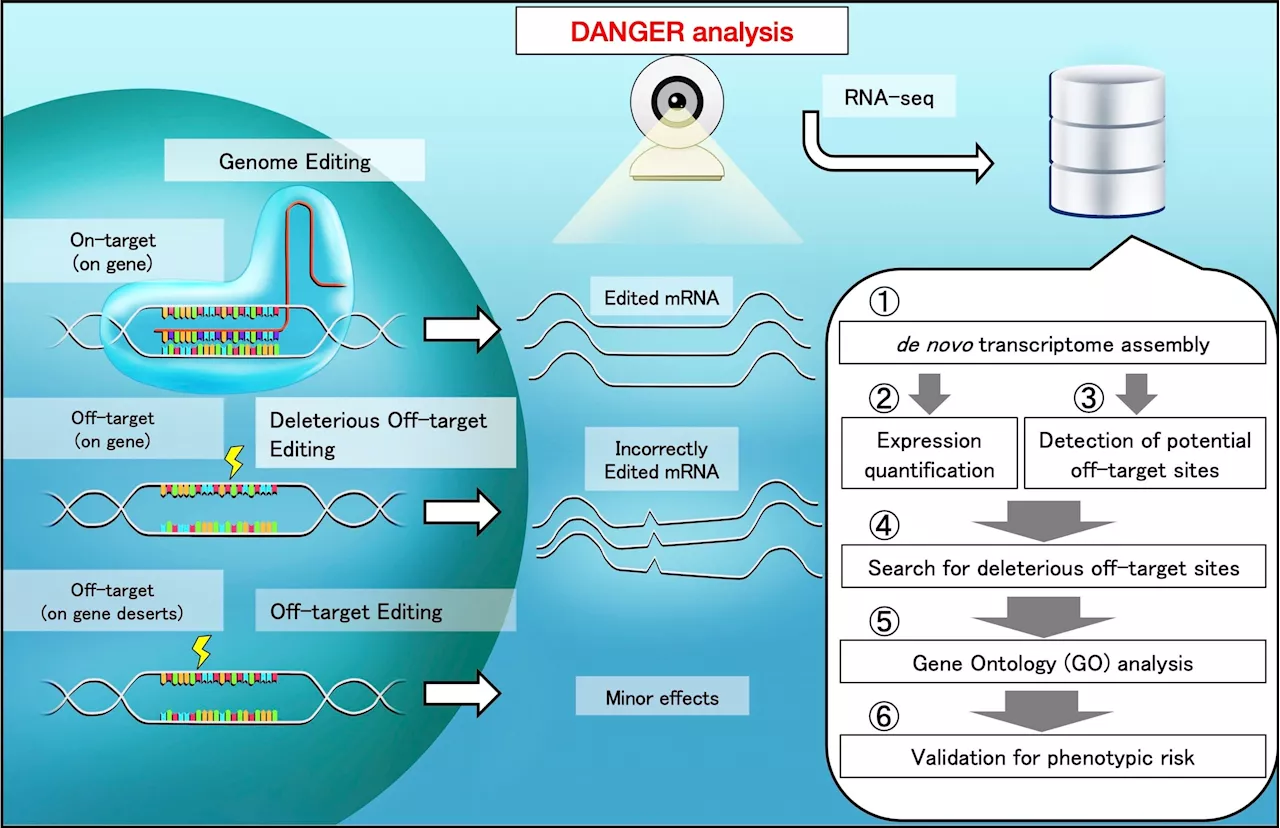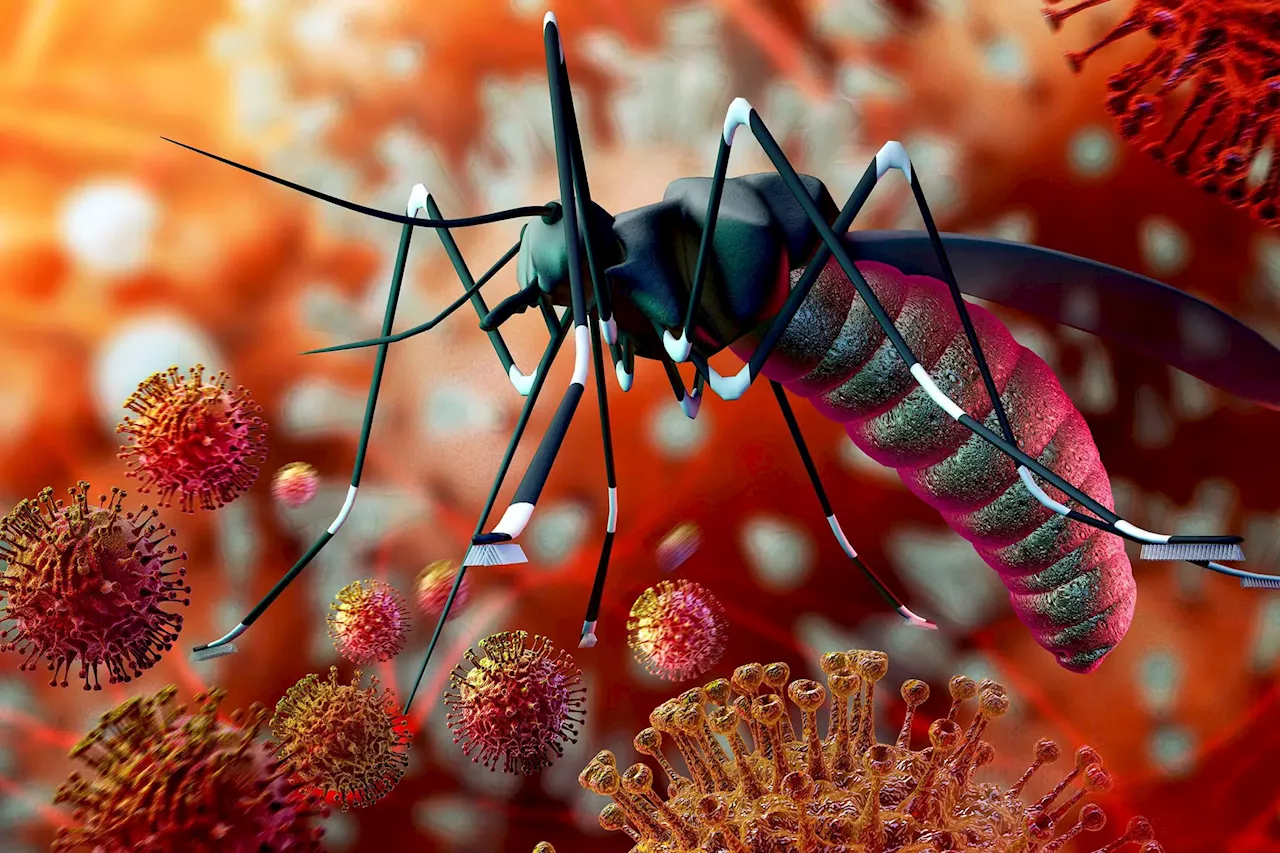Researchers have combined artemisinin and coumarin to develop an autofluorescent compound that allows for precise imaging in live cells and is effective against drug-resistant malaria pathogens. This breakthrough represents a significant step forward in combating drug-resistant malaria.
Research ers at have developed a groundbreaking autofluorescent compound by combining artemisinin and coumarin, two plant-derived substances. This innovation allows for precise imaging in live cells and has proven effective against drug-resistant malaria pathogens, particularly plasmodium falciparum . The development of these autofluorescent hybrids, which can be observed without altering their effectiveness, represents a significant step forward in combating drug-resistant malaria .
Malaria remains one of the deadliest infectious diseases globally. The emergence of drug-resistant malaria parasites necessitates the continual development of new medications. A team of researchers at Friedrich-Alexander-Universität Erlangen-Nürnberg (FAU) led by Prof. Dr. Svetlana B. Tsogoeva has now combined the anti-malaria drug artemisinin with coumarin, which, like artemisinin, is also found in plants, and developed an auto-fluorescent compound from both bioactive substance
Research Autofluorescent Compound Artemisinin Coumarin Drug-Resistant Malaria Plasmodium Falciparum
United States Latest News, United States Headlines
Similar News:You can also read news stories similar to this one that we have collected from other news sources.
 Japanese researchers develop AI-nanopore platform for accurate, rapid COVID-19 testingA rapid, accurate way of testing for COVID-19 infection would be a big step in overcoming the virus' hold over our society. Now, Japanese researchers have developed a promising solution: a novel platform that couples nanopore technology with artificial intelligence.
Japanese researchers develop AI-nanopore platform for accurate, rapid COVID-19 testingA rapid, accurate way of testing for COVID-19 infection would be a big step in overcoming the virus' hold over our society. Now, Japanese researchers have developed a promising solution: a novel platform that couples nanopore technology with artificial intelligence.
Read more »
 Researchers develop DANGER analysis tool for the safer design of gene editingA team of researchers has developed a software tool called DANGER (Deleterious and ANticipatable Guides Evaluated by RNA-sequencing) analysis that provides a way for the safer design of genome editing in all organisms with a transcriptome.
Researchers develop DANGER analysis tool for the safer design of gene editingA team of researchers has developed a software tool called DANGER (Deleterious and ANticipatable Guides Evaluated by RNA-sequencing) analysis that provides a way for the safer design of genome editing in all organisms with a transcriptome.
Read more »
 Researchers develop new mechanism to create water-repellent surfacesResearchers have developed a new mechanism to make water droplets slip off surfaces, and describe it in a paper published in Nature Chemistry. The discovery challenges existing ideas about friction between solid surfaces and water and opens up a new avenue for studying droplet slipperiness at the molecular level.
Researchers develop new mechanism to create water-repellent surfacesResearchers have developed a new mechanism to make water droplets slip off surfaces, and describe it in a paper published in Nature Chemistry. The discovery challenges existing ideas about friction between solid surfaces and water and opens up a new avenue for studying droplet slipperiness at the molecular level.
Read more »
 Researchers develop DANGER analysis tool for the safer design of gene editingA team of researchers has developed a software tool that provides a way for the safer design of genome editing in all organisms with a transcriptome. For about a decade, researchers have used the CRISPR technology for genome editing. However, there are some challenges in the use of CRISPR.
Researchers develop DANGER analysis tool for the safer design of gene editingA team of researchers has developed a software tool that provides a way for the safer design of genome editing in all organisms with a transcriptome. For about a decade, researchers have used the CRISPR technology for genome editing. However, there are some challenges in the use of CRISPR.
Read more »
 UBC, Honda researchers develop robot arm with human skin-like sensorsInteresting Engineering is a cutting edge, leading community designed for all lovers of engineering, technology and science.
UBC, Honda researchers develop robot arm with human skin-like sensorsInteresting Engineering is a cutting edge, leading community designed for all lovers of engineering, technology and science.
Read more »
 Amid climate change, researchers develop new types of applesMaya Rodriguez is a National Correspondent, reporting for all E.W. Scripps television stations across the country. She is based in Washington, D.C., but she travels extensively from coast to coast and around the world for stories of interest.
Amid climate change, researchers develop new types of applesMaya Rodriguez is a National Correspondent, reporting for all E.W. Scripps television stations across the country. She is based in Washington, D.C., but she travels extensively from coast to coast and around the world for stories of interest.
Read more »
